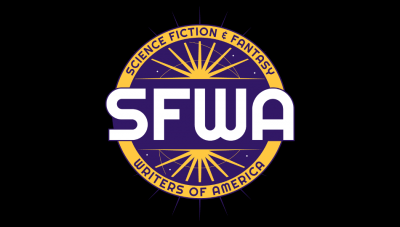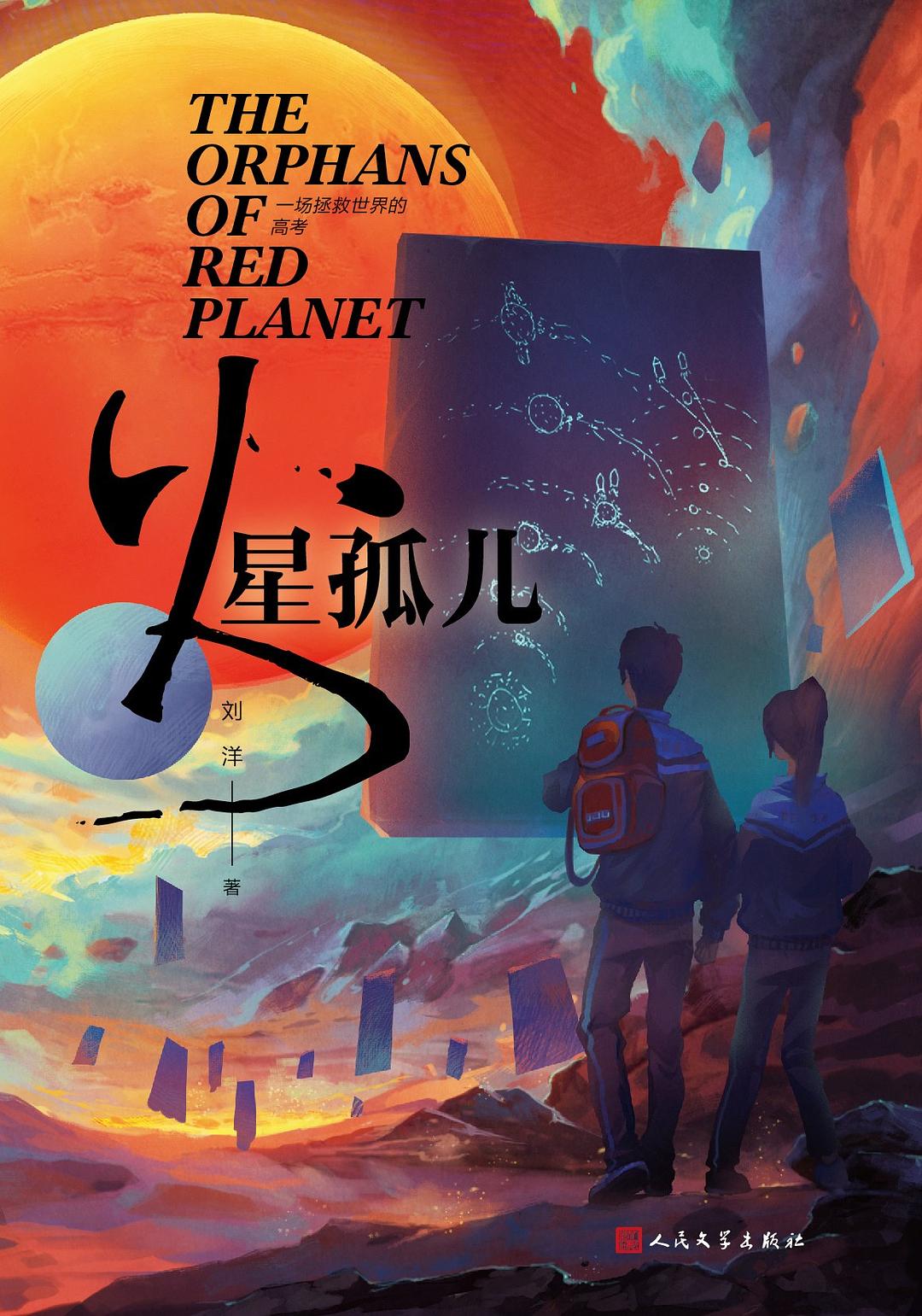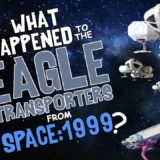We’re working on a bunch of things behind the scenes here, most not worth mentioning yet, though preparing for one of those things has got me in a bit of a quandry over definitions.
We’re thinking of doing a story contest. The outlines are pretty straight-forward: a couple of times a year we’ll open to submissions for short stories. Readers will winnow the entries down and a group of professional authors and editors will select the top ten. First thru third place will receive payment at SFWA qualifying rates and we’ll publish all ten stories, perhaps with an eye towards putting together an anthology. (That’s an outline, not a finished program.)
Naturally, one of the first things we decided was that submissions ought to be restricted to “new”, previously unpublished stories (from anyone – traditional, hybrid or indie).
And that’s where my problem lies. In these days of doing everything differently, what exactly does a “new, previously unpublished” story mean?
If you come from the traditional side of things, the answer would seem to be straight-forward: any story that has not previously been purchased for publication.
But from the indie world, things may not be so clear.
In looking over SFWA’s new membership qualifying rules and WSFS’s eligibility rules for Hugo Award fiction categories, one can begin to see that things are not as straight-forward as they once were. SFWA qualifications for Associate Member status include the following:
One Paid Sale of a work of fiction (such as a short story) of a minimum of 1,000 words to an eligible market or self-published, for which the candidate has earned at the rate of 6c/word or higher. For magazines on the SFWA Qualifying List, 5c/word from 1/1/2004 to 6/30/2014 and 3c/word before 1/1/2004 will also qualify.
and WSFS rules for eligibility include the following:
Web Sites, E-books, and Medium of Distribution
…There is no requirement that a work be published on paper (for written/graphic fiction and non fiction), on film or video tape (for dramatic presentations), or that it be distributed through any traditional methods such as bookstores, movie theatres, etc. In other words, publishing and distributing your work on a web site is exactly the same as having copies of your book in a bookstore or your movie shown in a movie theatre. Aside from the fundamental distinctions between written, graphic, and dramatic works, medium of distribution has nothing to do with a work’s eligibility.
Note, however, that this means that if a work is first published electronically and then is printed in paper form without substantial revisions in a subsequent year, the later paper publication is not a new work; the original electronic publication is what’s eligible, not the later paper publication.
Self-Published Works
There is no restriction on who publishes a work. For example, if an author makes a novel available to be read on a web site or prints copies at his/her own expense, that novel is eligible just the same as a novel published by a well-known publishing company and sold in traditional bookstores.
That last directly impacts questions regarding Andy Weir’s novel The Martian, at this year’s Hugo Awards.
So my first question is: if I form a corporation that “publishes” my website, that corporation pays “me” 6 cents per word and then “publishes” my story on (my) website, I’m now eligible for SFWA Associate member status. (The check reads “From the Steve Davidson Publishing Corp” and it’s made out to “Pay to the order of “Steve Davidson”.)
Of course, I know that SFWA is probably referring to the traditional forms of self-publishing – I write my story and make it available on Amazon for 99 cent downloads and I earn our that $1000 in sales to consumers – but I see nothing in the regs preventing the first scenario from qualifying me.
WSFS avoids this circumstance by stating there are no restrictions on who publishes the work. But to return to the Andy Weir situation for a moment: where does the evaluation of substantial revision lie? If I flip-flop all of the gender pronouns…? If I change the final chapter every year…? If I move the action from Mars to Venus…?
Further, at least for my purposes (short story contest), if someone writes a story and “shares” it around in electronic or paper format – isn’t that the definition of “published”? Is it possible that the ONLY qualifying definition of “not previously published” means the story sits on my hard drive and has never been offered to anyone in its final form? It may be nit-pickery, but where do stories that have been submitted to a publication and are subsequently rejected fall on the spectrum? By strict definition, putting it on paper or in an electronic file now constitutes “publishing”, and offering it for sale surely constitutes at least the intent to engage in commercial activity.
If I put a story up on my blog, I’m “publishing it”. But suppose (to clearly mark the territory by its extremes) the minute that I hit the post button, my website goes down and I never bother to fix what ever is wrong. My story has been published to the cloud – its out there, but no one has ever seen it. Suppose that happened in 2013 and I finally get around to placing the story in 2014. Is it eligible for a Hugo? Do the people purchasing it have to be informed that it was “previously published”? Is it not still a new story? How can it not be when anyone reading it will be doing so for the first time? The gradations move on from here: if my website stays up, but I only have one or two visitors…If I’ve sold a series to a traditional publisher and I put up sections for commentary prior to the books being published….if such commentary causes me to substantially change the course of the series (and that’s approved by the editor)….
Right now, I’m thinking the following, regardless of the SFWA and WSFS regs: a work remains unpublished, is still “new”, so long as it is not offered for sale. Other than volume, I don’t see a difference between publishing a story on a blog (for free) and sharing that story with a reading group; both activities are usually engaged in to help improve the story; it’s still a work in progress; it may change substantially after being shared around, or it may stay completely unchanged. I consider this to essentially be the same as work that’s in submission, but not sold yet. Presumably, both works (on the blog or in submission) are in a pre-sale state.
It’s kind of like car sales, in a way: the car from the factory has been “sold” to a dealership, but that dealership offers it to retail customers as a “new” car. Even if its been driven by 500 customers testing it out before you purchase it. Any number of previous sales among dealers could have taken place before it’s sold, new, to a retail customer, after which, no matter how you want to look at things, it can only be sold as a used car. That nebulous time frame between completion of manufacture and retail sale is the equivalent of stories that are shown around, perhaps even read by thousands, but haven’t yet been “sold’. Aren’t both still “new”?
Traditional publishers are helping to complicate things as well; there are plenty of examples of works that were previously “published” on blogs that went on to be purchased for traditional publication, changed “substantially” from their original version or not. (Scalzi’s Old Man’s War; Howey’s Wool; Weir’s The Martian…) While such works won’t qualify for a Hugo, it seems they would be a valid part of qualifying one for SFWA membership….
I’m thinking that if you shared your story around – printed ms or blog post – but haven’t put it up on Amazon for purchase or it’s not been published by someone other than you (rights given to someone else, whether they pay cold hard cash for it or not), it’s still a “previously unpublished work of fiction”.
Lets see if that boat floats.
Steve Davidson is the publisher of Amazing Stories.
Steve has been a passionate fan of science fiction since the mid-60s, before he even knew what it was called.










Recent Comments